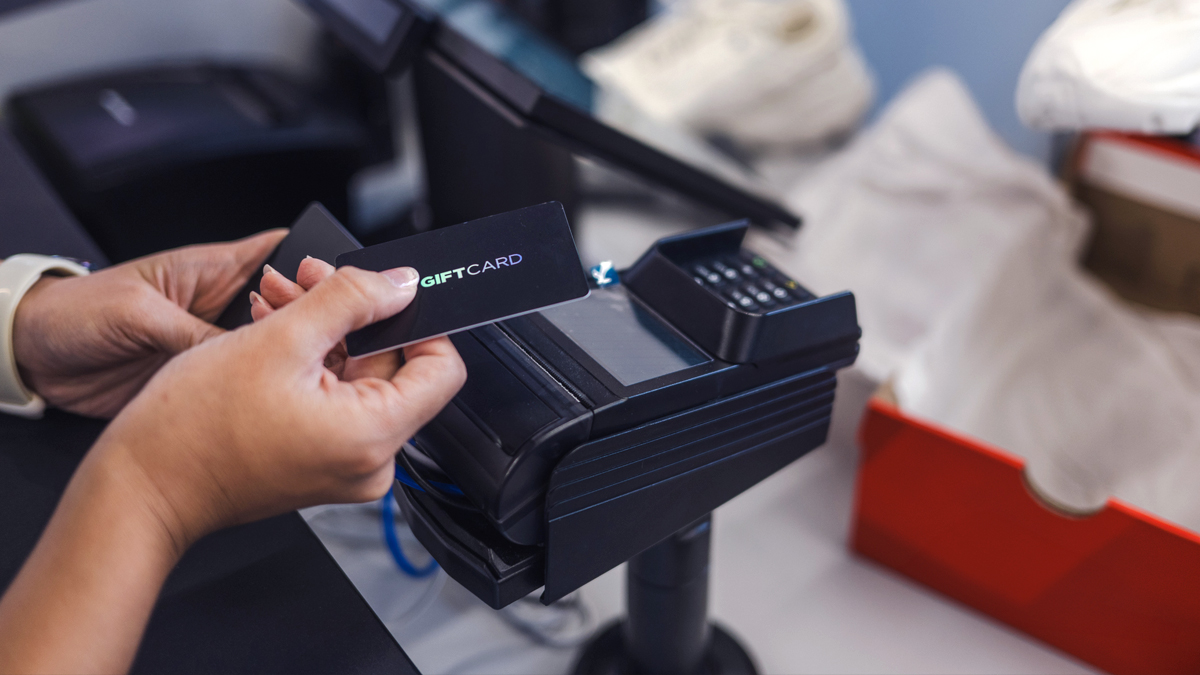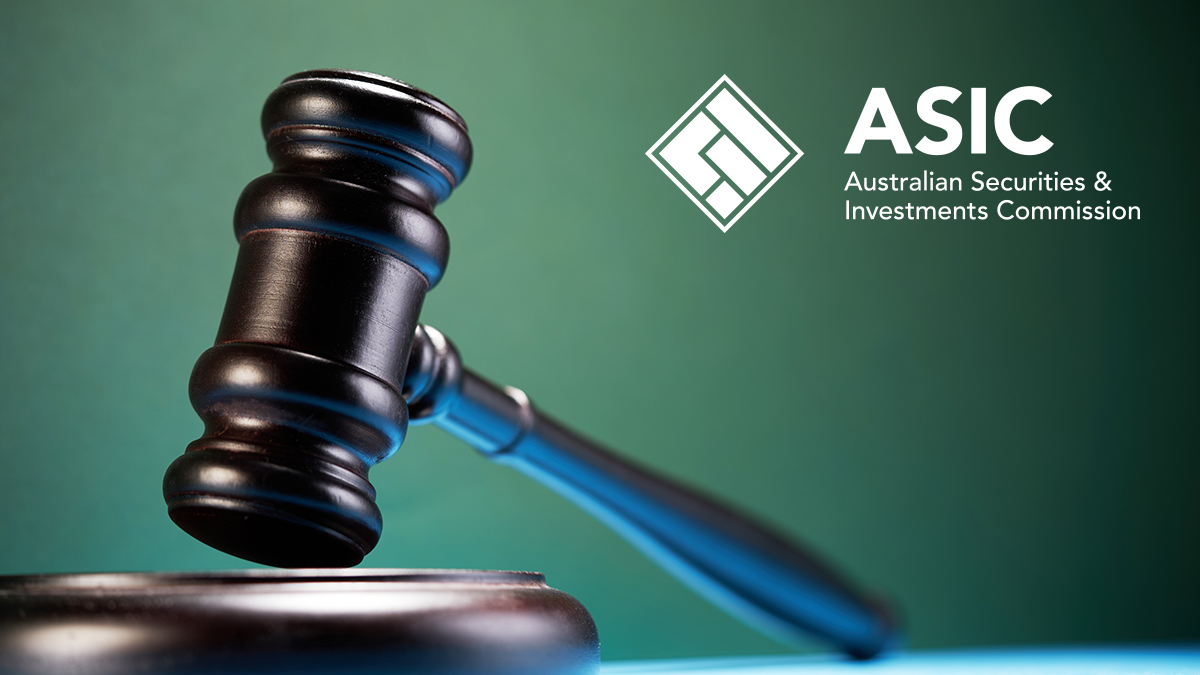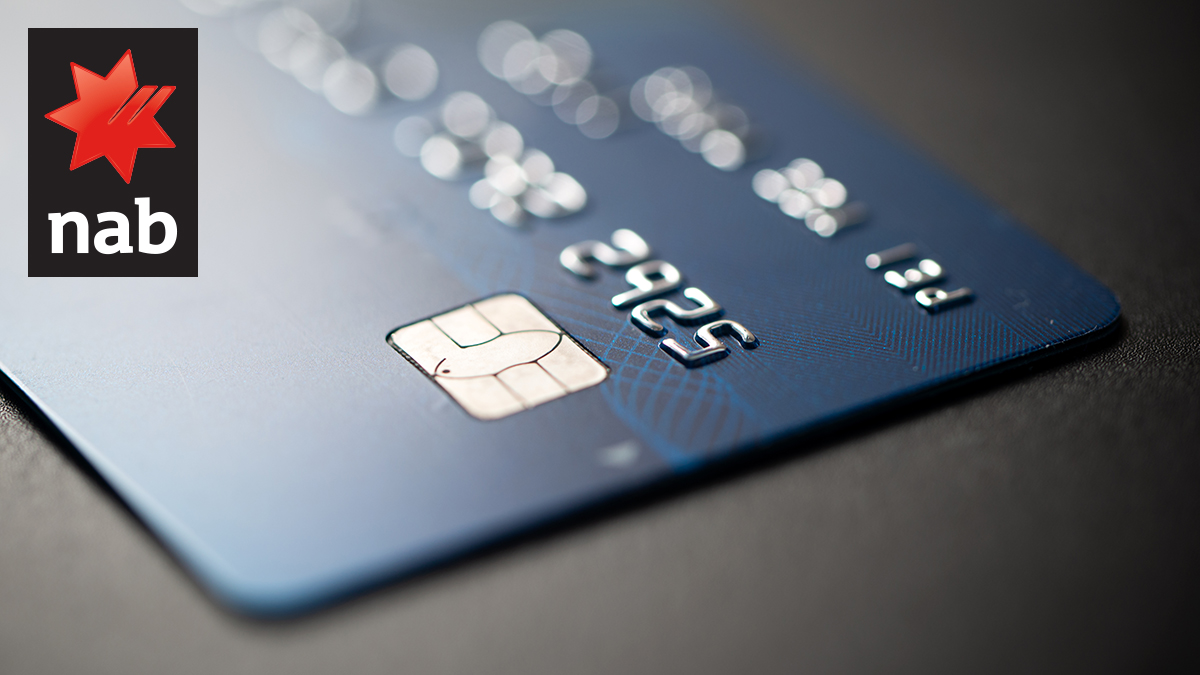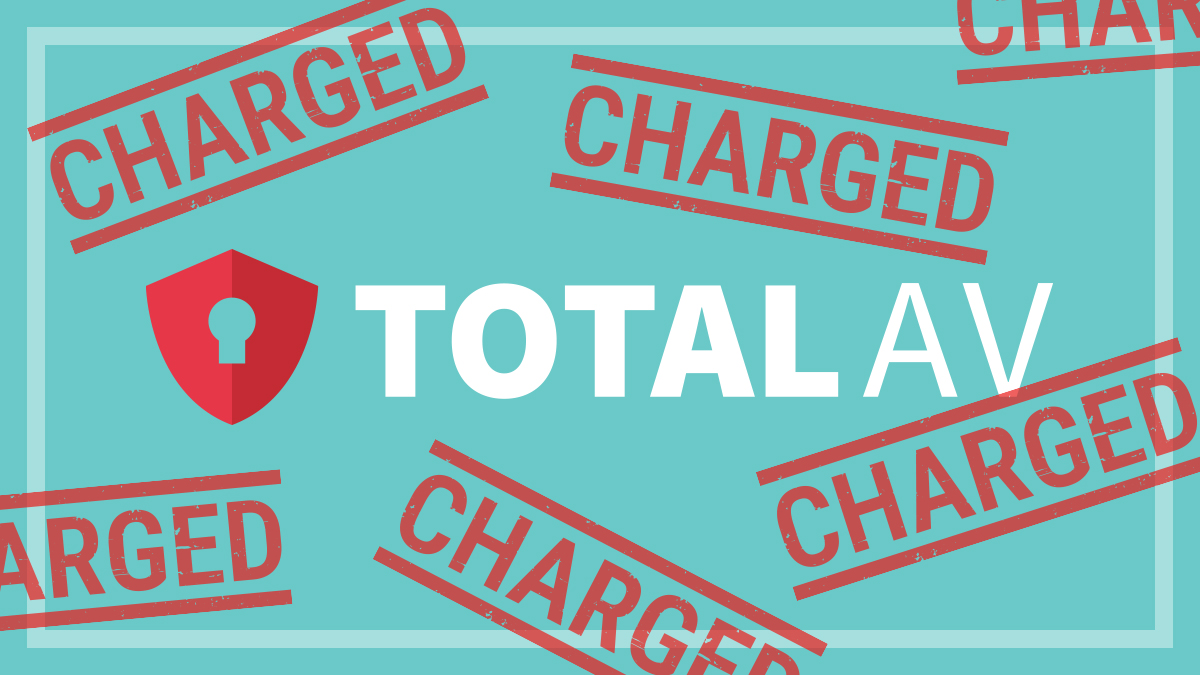Get our independent lab tests, expert reviews and honest advice.
Financial giants enter the buy now, pay later market
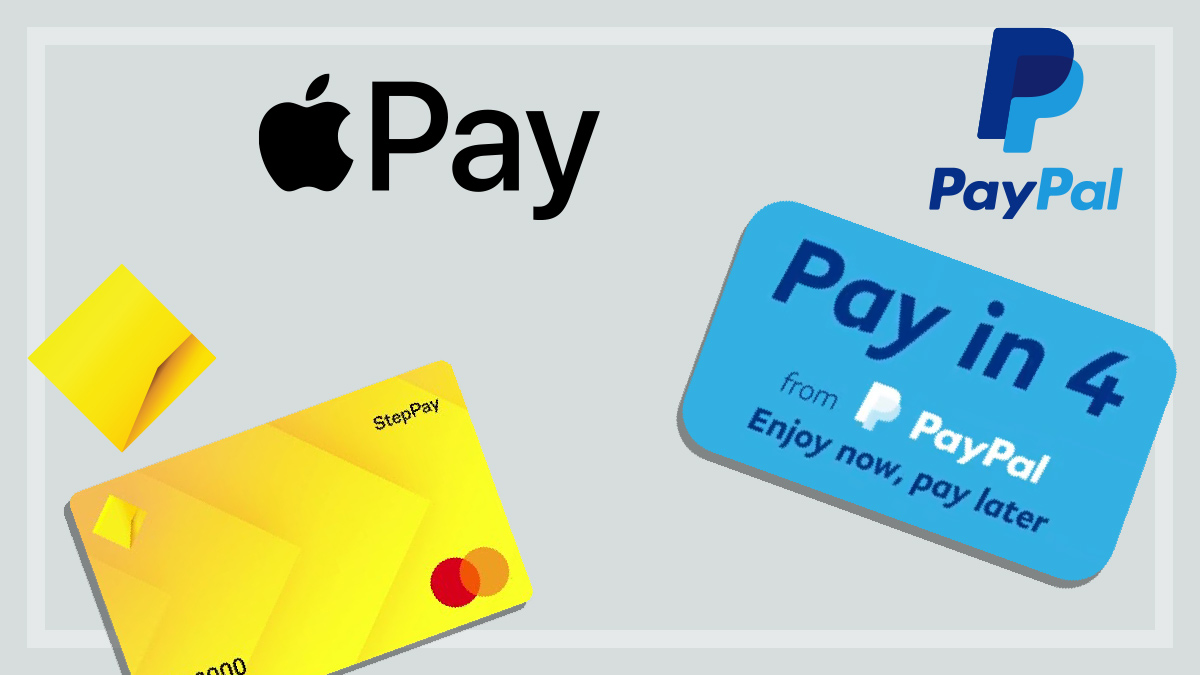
Need to know
- Commonwealth Bank says their new buy now, pay later product will entail responsible lending checks
- Paypal's product doesn't include late fees
- Advocates say there are still concerns about customers getting into unaffordable debt
Buy now, pay later (BNPL) payment platforms, once a niche segment in retail shopping, are now just about everywhere.
According to a 2020 report, almost six million Australians, or around 30% of the adult population, have at least one BNPL account.
And while the market is still dominated by market leaders Afterpay and competitors like Zip and Humm, Commonwealth Bank and online payment platform Paypal have recently launched their own BNPL platforms.
Commonwealth is the first of the big four banks to enter the BNPL market, but other mainstream lenders seem likely to follow suit. CBA is already blanketing the airwaves and internet with ads for StepPay, their new BNPL product, which launched in August.
In September, Mastercard announced it would launch new technology allowing more banks to use its platform for BNPL products.
And the already saturated market is likely to become even more so in the coming months, when Apple launches its BNPL offering.
Risky business
Kelly is a mother of four who lives in Adelaide and has watched the developing BNPL market closely, considering the pros and cons of different providers. She has accounts with at least three separate companies.
For people like Kelly, who has experienced financial vulnerability, debt and bankruptcy, BNPL platforms can pose serious financial risks.
“Having so many options of lines of credit that are relatively easy to get is risky for people in financial insecurity,” she tells CHOICE.
BNPL exploits a loophole in the National Credit Code to avoid the laws that enforce responsible lending protections
She says her previous experiences with traditional BNPL provider’s hardship policies haven’t been positive, especially when she was suffering with postnatal depression and was unable to manage repayments.
“They were so vicious in the way they handle you. In the same sentence as I said that I was suicidal, the next sentence was ‘when are you going to pay?'”
“It’s a risky business, and then the way they are treating people is a risky business. They have no duty of care to their customers at all,” she said.
StepPay
Consumer groups and financial counsellors have long raised concerns about the BNPL market and the lack of regulation for these lending products.
BNPL exploits a loophole in the National Credit Code to avoid the laws that enforce responsible lending protections and mandate hardship policies.
Commonwealth Bank says that their StepPay product will entail responsible lending checks, but did not directly respond to questions about whether the level of background and affordability checks would be equivalent to other credit products such as personal loans.
“At its core, StepPay was designed with responsibility in mind. That’s why it has a relatively low initial credit limit of up to $1000. It’s also why we have robust criteria including evidence of affordability. As part of the application process we undertake internal credit assessments to ensure customers are in good standing on existing CBA products they hold,” a Commonwealth Bank spokesperson told CHOICE.
“Additionally we undertake external credit checks with the credit bureaus. Together these measures help to make sure customers are in a position to afford credit and make repayment instalments.”
Benefits of the bank
Julia Davis, senior policy officer at the Financial Rights Legal Centre says there are some clear benefits to using BNPL through your bank.
Banks can assess whether their BNPL products are appropriate by looking at customers’ banking history. CBA customers who are over-extended with multiple BNPL providers, for example, will be denied access to StepPay.
“Banks have really established complaints, disputes and hardship practices and really specialist staff who are trained to deal with vulnerable clients, such as domestic violence situations,” Davis tells CHOICE.
We are seeing evidence of the harm and it is just another way for people to spend money they don’t have
Julia Davis, Financial Rights Legal Centre
“Smaller BNPL providers are 10 years behind, in our experience. The banks are going to have better, more established processes when things go pear-shaped.”
But it’s not all positive.
“The downside is that there are just more of these unregulated credit products on the market. We are seeing evidence of the harm and it is just another way for people to spend money they don’t have,” Davis says.
Tom Abourizk, a policy officer at Consumer Action Law Centre, says there is also a concern that mainstream lenders entering the BNPL market give the impression that the products are risk-free.
“One of the big concerns we have, especially with banks entering the market, is it gives the perception that buy now, pay later is a safer product,” he says.
“On the whole it is still so unregulated and there are so few consumer protections in the space – they are designed to avoid them.”
A Step in the right direction
Patrick Veyret, CHOICE senior policy and campaigns adviser, says that he hopes Commonwealth Bank’s entry into the BNPL market will encourage others like market leaders Afterpay to up their game when it comes to responsible lending checks.
Australia has some of the highest levels of household debt in the world
Patrick Veyret, CHOICE
But he also raises concerns about the product.
“Australia has some of the highest levels of household debt in the world, the proliferation of buy now, pay later products is not a good thing for the Australian community and for Australian consumers. Too often, buy now, pay later debts are sold to people and used to pay for essential goods and services,” he says.
Pay in 4
PayPal’s entry into the BNPL market in Australia comes in the form of their ‘Pay in 4’ product, which launched in July.
It boasts that it charges no late fees, a long time bugbear of customers and consumer groups. They will make their profit from merchant fees charged to retailers.
But Abourizk says there is still a concern that people will fall into unaffordable levels of debt.
“No late fees are good, but the worry is with all buy now, pay later products we see, people know that if you don’t make your BNPL debt you get cut off, so prioritise their BNPL debt ahead of their credit card debt, for example,” he says.
Davis says she is also worried about the offering.
Every new player that enters the market I have all the same questions – what are their hardship policies? What are they going to do when it goes bad?
Julia Davis, Financial Rights Legal Centre
“I worry about these products and services where there is no legal requirement for them to do any product suitability assessment, they are coming up with their own rules about what they think is a good bet, who’s going to pay back on time, who can afford it, who can’t, they are just making it up as they go along,” she says.
“Every new player that enters the market I have all the same questions – what are their hardship policies? What are they going to do when it goes bad?”
Veyret says that despite the entry of products with safer lending practices (Commonwealth Bank) and no late fees (Paypal) the fundamental problems for consumers remain.
“Buy now, pay later is a largely unregulated product, it is evident that it is here to stay and we need BNPL laws to be regulated like credit is regulated and fall under safe lending laws to ensure lenders don’t sell debt to people who get in over their head,” he says.
If you or anyone you know needs support, contact the National Debt Helpline on 1800 007 007 or Lifeline on 13 11 14 or lifeline.org.au

